If we could spend all of our day outside in nature, we would. When we have free time that’s where we spend it, and it’s so important that it’s preserved. We want future generations to see and appreciate its beauty, and we want wildlife to thrive in healthy habitats for years to come. We’re very fortunate to live in a place with so much wilderness. British Columbia is home to vast mountain ranges, lush rainforests, dry grasslands and endless coastlines. It is rich in diversity and home to many unique ecosystems thanks to its moderate, often rainy, climate and distinct vegetation. We love this province we get to call home, and we want to help protect it so that we can all continue to enjoy its wonders.
This spring Healthy Hooch Kombucha is releasing a new seasonal flavour, Passion Fruit! 5% of total proceeds will be donated to The Nature Trust of British Columbia to help conserve the landscapes we cherish. Keep reading to find out more about this incredible organization and the work they do.
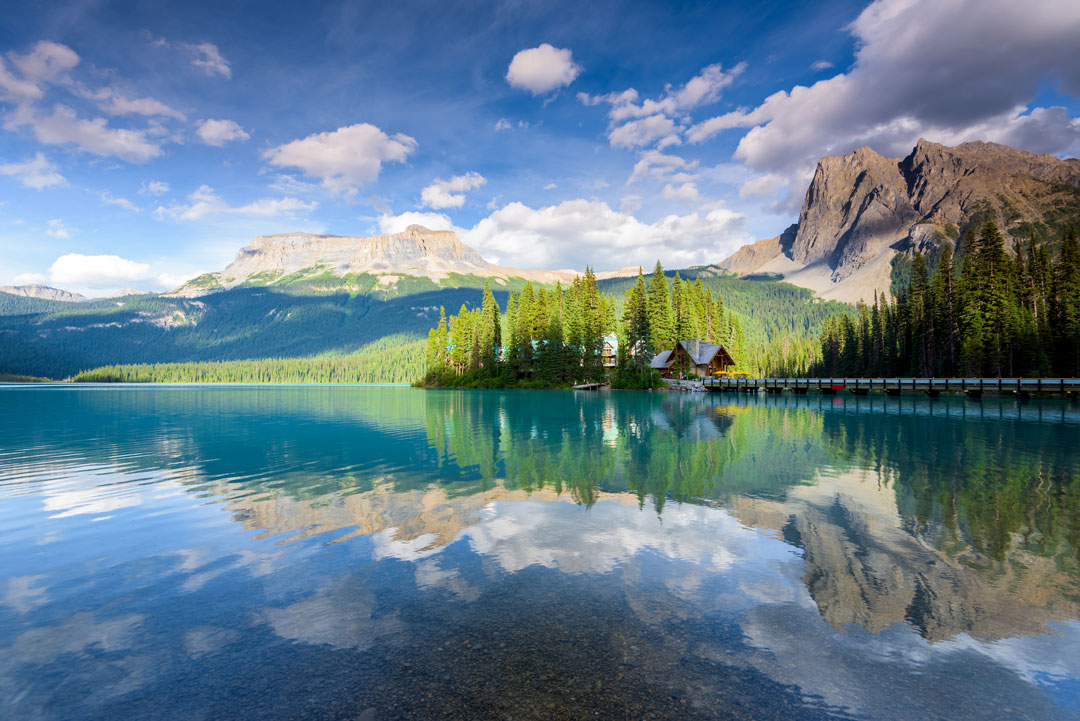
About The Nature Trust of British Columbia
The Nature Trust of British Columbia is British Columbia’s leading non-profit land conservation organization. The organization is dedicated to protecting BC’s unique and diverse ecosystems. Beginning in 1971, they now protect and manage more than 500 properties throughout British Columbia.
The Nature Trust of British Columbia acquires land through direct purchase, donations, conservation covenants and by land lease or license. It’s then restored and maintained to protect habitats rich in biodiversity that are at risk of being lost. By preserving these vulnerable habitats they’re also saving a whole host of plant and animal species that are in danger because of low or declining populations.
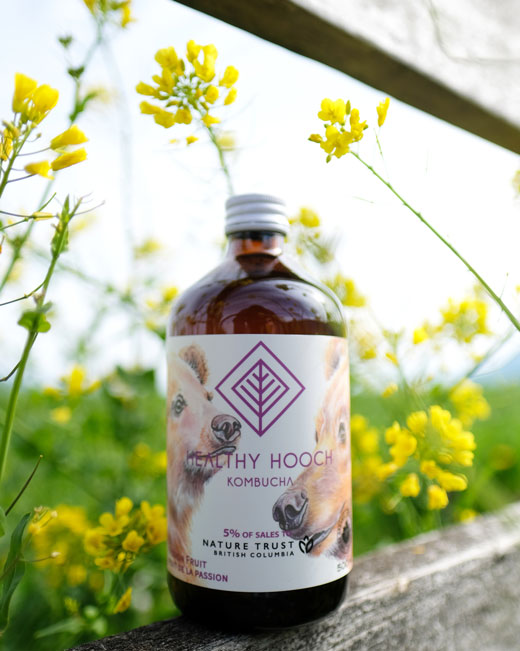

Why is Land Conservation Important?
Land conservation is when the land is kept in its natural state or restored back to its original form. This is important because it protects the biodiversity within an area. Biodiversity is the variety of life, including different species of animals, fish, plants, trees and more, in a habitat or ecosystem.
More than 50,000 species live in British Columbia because of the diverse ecosystems, however, of the species that have been assessed, 43% are now at risk due to habitat destruction. Put plainly, we are essentially to blame for this, but we also have the power to change it. Our population has been growing rapidly in recent years, and with that, the need for more development. Homes, shopping centres, schools and roads are being built over farmlands, fields and forests, destroying the natural habitat that once existed there.
The problem with habitat destruction is that we rely on those ecosystems. We get a lot of our resources like timber, fish, minerals, agricultural products and water from our ecosystems. Species in these ecosystems are also responsible for things like pollination, soil fertilization and pest control. Healthy ecosystems give us basic life necessities. They are what keep our air and water clean, regulate climate and temperature, and provide us with food. We depend on them for the economy and our survival.
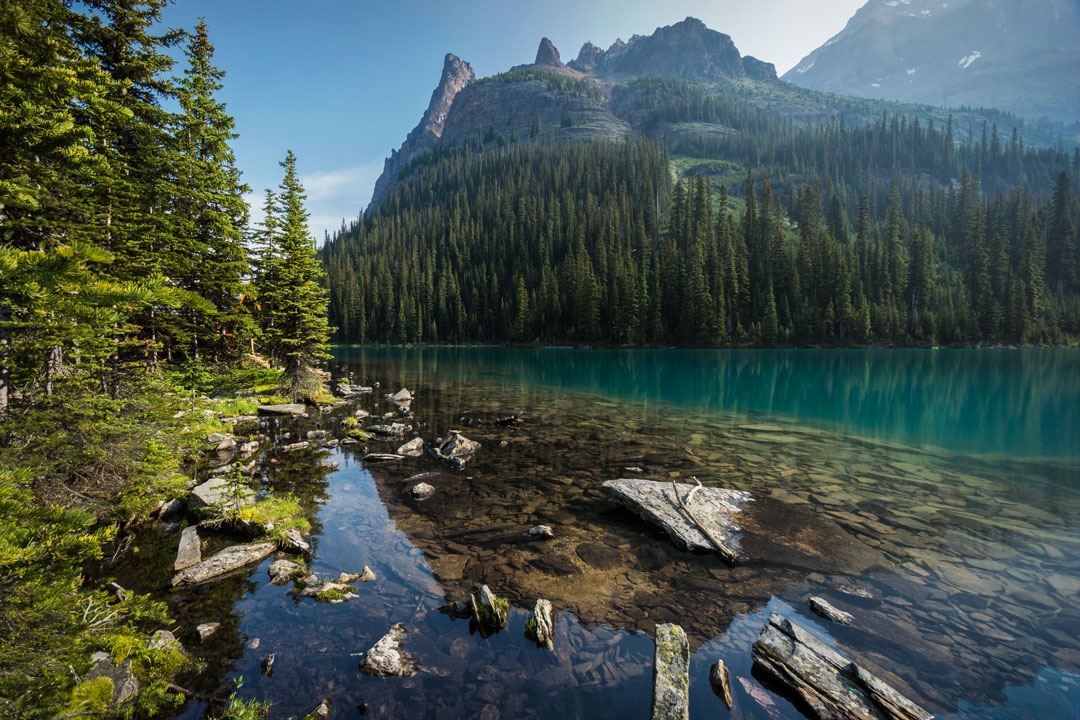
How Can You Help With Land Conservation?
Protecting the delicate ecosystems in our province starts with us. There are many ways to help with land conservation.
Protect Your Land and the Lands You Visit
Don’t use pesticides or fertilizers on your property. They are harmful to wildlife and aquatic life; instead, opt for natural solutions. There are natural DIY options that are just as effective as synthetic ones and will keep you and the environment safe. Some of the best homemade fertilizers are probably sitting in your compost right now!
Keep an eye on your pets when they are outside. They can cause problems for the wildlife especially if there are wetlands nearby.
Conserve water in your home. It saves you money and takes less water from our rivers, bays and estuaries.
Plant trees and plants on your property. It helps the environment by attracting more wildlife and improves their habitats. It also enhances water quality on your property if you have streams or ponds while protecting groundwater supply.
If you spend time outdoors, you may have heard of the phrase “leave no trace” before. It’s referring to the practices we should follow to protect our natural ecosystem. When visiting parks, hiking trails, lakes and rivers, you can minimize your impact by following these seven principles. Plan ahead and prepare, travel and camp on durable surfaces, dispose of waste properly, leave what you find, minimize campfire impact, respect wildlife and be considerate of other visitors.
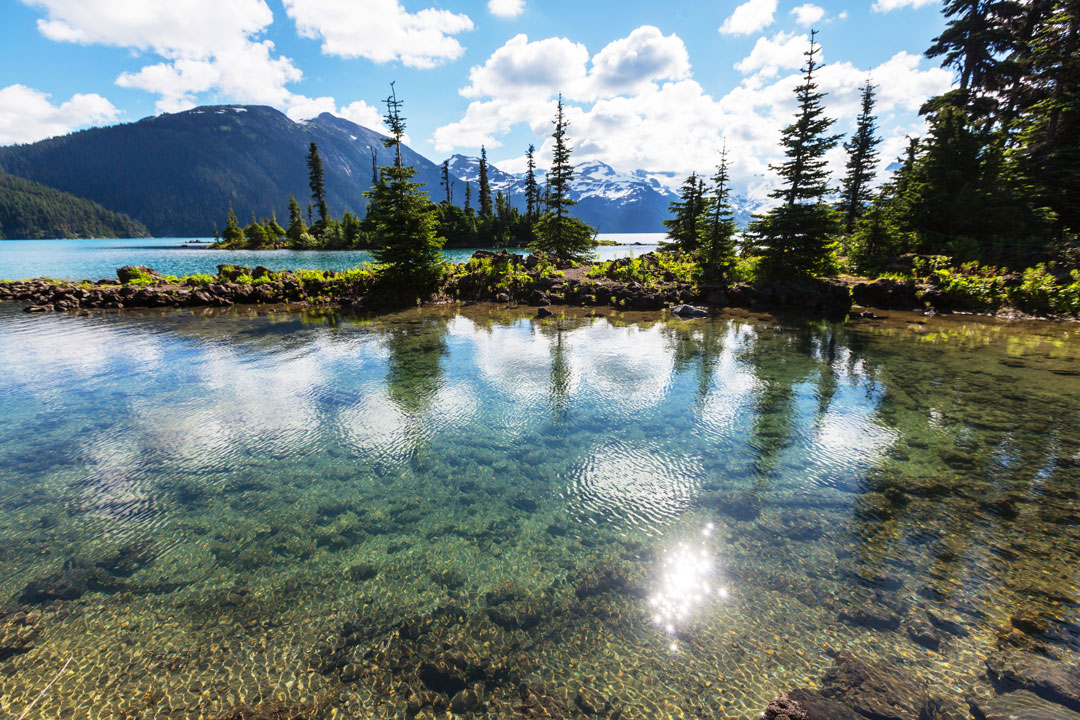
Volunteer
There are several volunteer programs throughout British Columbia. You can help with clean up in backcountry areas, plant trees and habitat restoration. The Nature Trust of British Columbia puts on Volunteer events each year.
Donate to The Nature Trust of British Columbia
If you would like to donate to The Nature Trust of British Columbia, you can head over to their website. There are multiple ways to give from such as a one time donation, monthly donations, gifts through corporations, donations through partners and more. They also put on events, like their upcoming online auction, to which you can donate on auction items or bid on items.
Spread the Word
Tell people about The Nature Trust of British Columbia and the fantastic work they do! Continue to educate yourself on land conservation and spread the word.
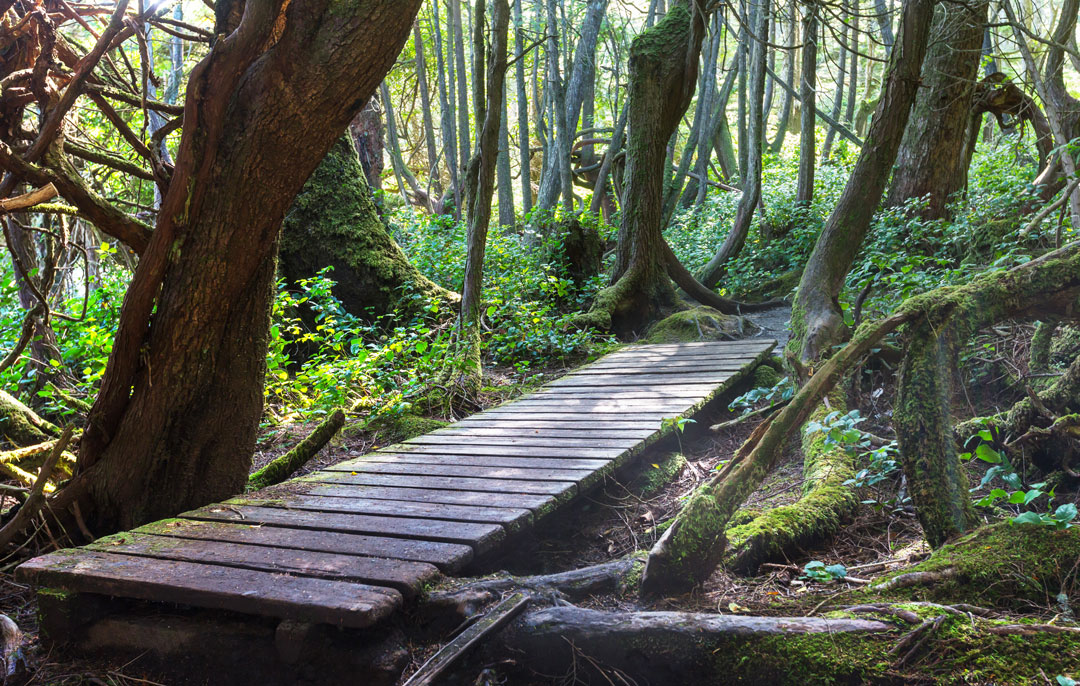

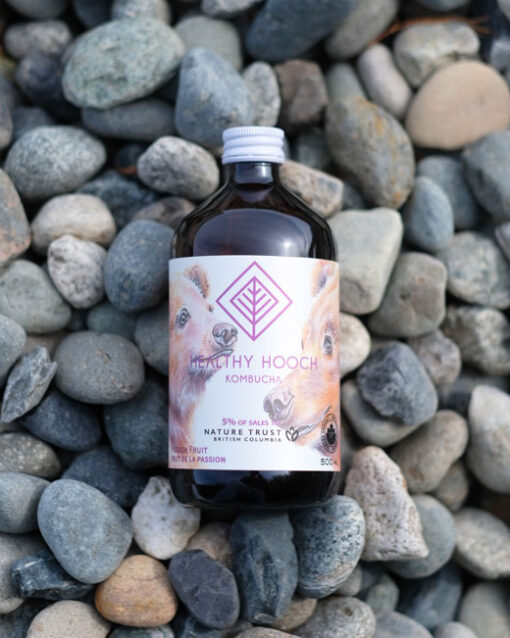



0 Comments